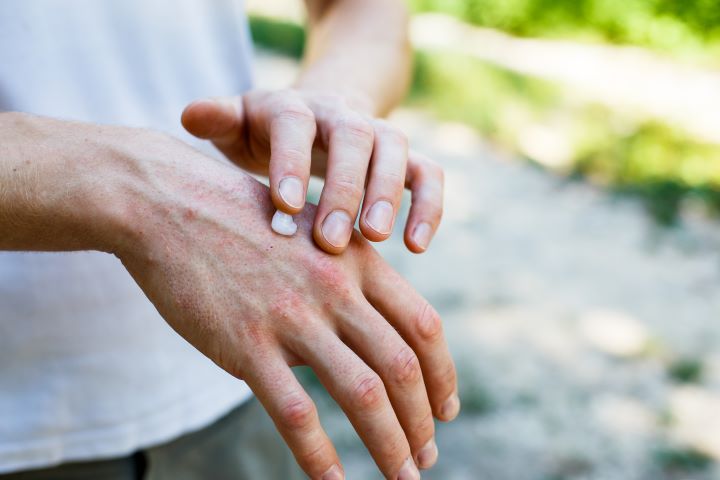Eczema Treatment: Effective Care for Itchy, Rash-Prone Skin
Eczema is a common inflammatory condition that causes red, dry, and itchy patches on the skin. Many people experience intermittent flares that interfere with sleep, work, or daily comfort. Understanding practical treatment options—from daily skincare to prescription therapies—helps people manage symptoms and reduce flare frequency while protecting long-term skin health.

This article is for informational purposes only and should not be considered medical advice. Please consult a qualified healthcare professional for personalized guidance and treatment.
What causes eczema?
Eczema (atopic dermatitis) arises from a combination of genetic, immune, and environmental factors. A weakened skin barrier makes it easier for irritants, allergens, and microbes to penetrate, which triggers inflammation. Common contributors include a family history of eczema or asthma, dry skin, exposure to harsh soaps or fragrances, and seasonal changes. Identifying personal triggers—such as specific fabrics, detergents, or foods—can reduce flare frequency. Many people benefit from a stepwise approach that strengthens the skin barrier and limits factors that provoke immune responses.
How does eczema affect the skin?
Eczema disrupts the skin’s barrier function, causing loss of moisture and increased sensitivity. Affected areas often appear dry, scaly, or thickened when chronic, and the skin can crack, bleed, or become more prone to infection. Regular use of emollients and gentle cleansing routines restores hydration and barrier lipids, which reduces irritation and the cycle of flare and itch. Protective habits—like using fragrance-free moisturizers, avoiding hot water, and patting the skin dry—support recovery and help maintain long-term skin integrity.
Why does a rash and flare happen?
Rashes in eczema are the visible result of underlying inflammation. When the immune system reacts to a trigger or when the skin barrier is compromised, blood flow to the area increases, producing redness and swelling. Secondary infection with bacteria or viruses can worsen rash appearance and pain. Emotional stress, weather changes, sweating, and contact with irritants commonly precipitate flares. Tracking patterns—through a diary or photos—can reveal repeat triggers and inform targeted prevention, while episodic topical or systemic treatments address acute inflammation.
How can itching be managed?
Itching is often the most disruptive symptom. First-line measures include liberal, frequent use of emollients to restore skin hydration and reduce itch signaling. Over-the-counter oral antihistamines may help nocturnal itching in some people, while topical corticosteroids reduce inflammation during flares. For persistent or severe itch, non-steroidal anti-inflammatory topicals (e.g., calcineurin inhibitors) or newer systemic biologic therapies may be appropriate under specialist care. Behavioral strategies—keeping nails short, using cool compresses, and wearing soft, breathable fabrics—also reduce skin damage from scratching.
When to see a dermatology specialist?
Seek dermatology care if eczema is widespread, fails to respond to over-the-counter measures, or is complicated by frequent infections, severe sleep disturbance, or significant impact on quality of life. Dermatologists can perform targeted testing for contact allergens, prescribe stronger topical agents, phototherapy, or systemic immunomodulators, and coordinate care when eczema overlaps with asthma or allergic rhinitis. Referral is important before starting long-term systemic medications; a specialist will tailor treatment based on disease severity, age, comorbidities, and lifestyle factors.
Eczema management is often a combination of daily skincare, trigger avoidance, and escalation to prescription therapies only when needed. Emollients and gentle cleansing form the foundation; topical anti-inflammatory treatments control flares; and advanced treatments such as phototherapy or biologics are reserved for moderate-to-severe disease under specialist supervision. Education, adherence to routines, and regular follow-up with a healthcare provider improve outcomes and reduce the frequency of relapses.
This article is for informational purposes only and should not be considered medical advice. Please consult a qualified healthcare professional for personalized guidance and treatment.






